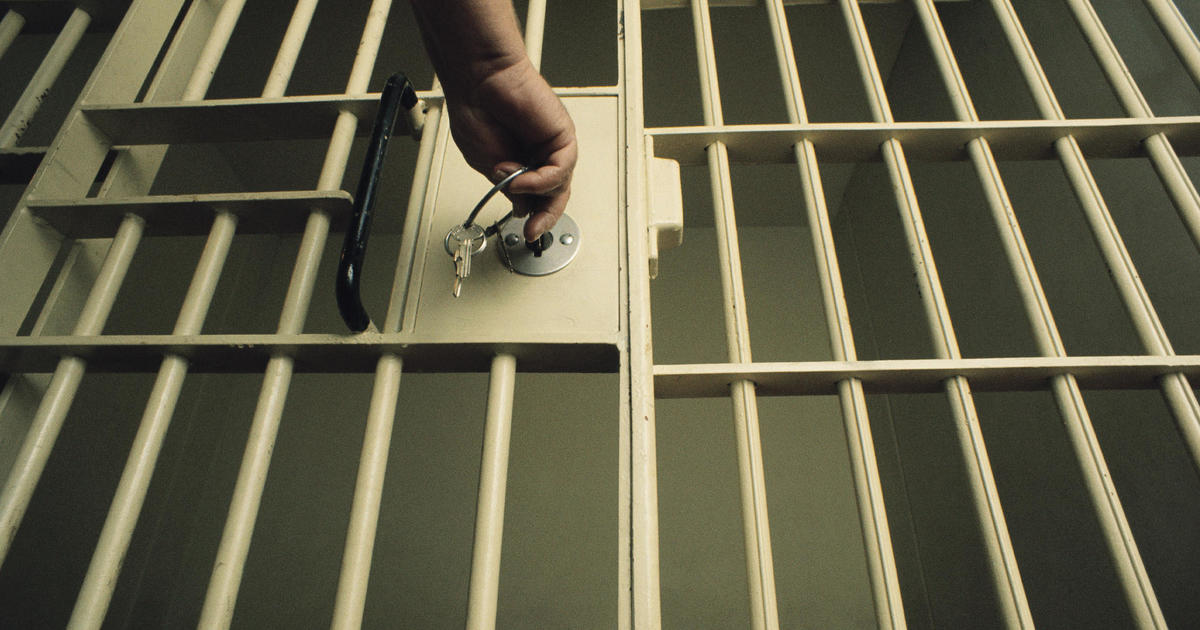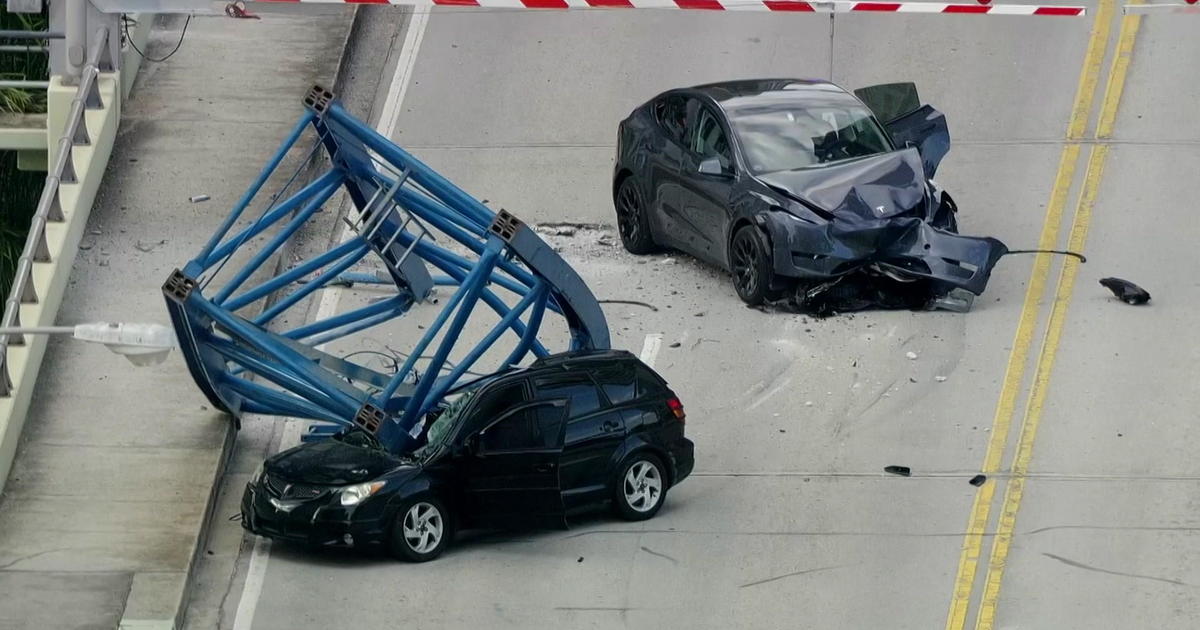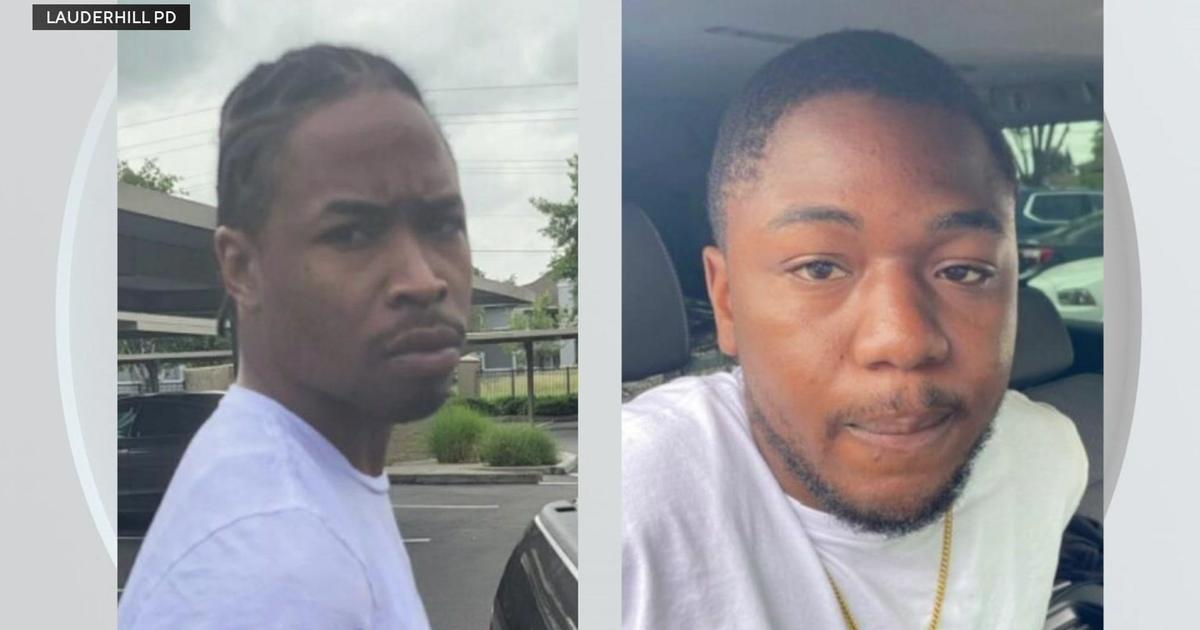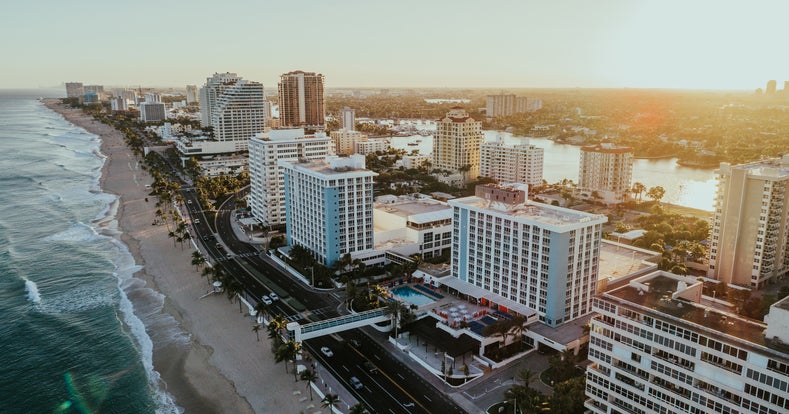Parkland Shooter Nikolas Cruz's Instagram Photos Will Be Shown At Penalty Trial
FORT LAUDERDALE (CBSMiami) -- Lawyers returned to the courtroom on Monday for a status hearing for Parkland school shooter Nikolas Cruz, who was also in court.
The hearing was held to discuss issues and motions prior to the start of jury selection in his sentencing trial on Feb. 21.
Circuit Judge Elizabeth Scherer denied several defense motions to suppress evidence obtained from a search warrant issued for Nikolas Cruz's social media accounts.
She ruled Cruz had no expectation of privacy when he posted disturbing photographs to a public Instagram account before his rampage and prosecutors can use them in his upcoming penalty trial.
"I agree with the state that there's no, that the defense has not established a reasonable expectation of privacy, assuming, and I think you're both in agreement, that the defendant's account was public. So with regard to 167, 169 and 170, that's my binding," ruled Judge Scherer.
She rejected the argument of Nawal Bashimam, one of Cruz's public defenders, who said Cruz was not required to make his Instagram account private to have a reasonable expectation of privacy.
"If you make your account public, how can you possibly have a reasonable expectation of privacy when the entire world can see it?" Scherer responded.
Bashimam and Scherer got into a heated dispute during testimony by a BSO internet crimes investigator, over misstatements lead investigators made in search warrant applications. The investigator, who CBS4 News is not naming, and several other assisting detectives copied those errors into their own warrant applications.
In those applications, investigators identified Cruz's brother as a victim's brother and misstated the date Cruz's mother died. They also wrongly said a school security guard instantly recognized Cruz by name when he spotted him on campus just before the shooting and called a code red, an alert to lock down the school.
Scherer has previously ruled the errors were unintentional and had no affect on another judge's decision to issue the warrants.
Scherer blocked Bashimam from asking the investigator most questions about those mistakes, saying her earlier decision was final. Bashimam said Scherer was blocking 10 minutes of questioning aimed at protecting Cruz's constitutional rights.
Cruz pleaded guilty in October 2021 to 17 counts of murder and 17 counts of attempted murder in the February 2018 massacre at Marjory Stoneman Douglas High School in Parkland.
Once jurors are selected, they will decide whether he is sentenced to death or to life in prison without parole.
For Cruz to be sentenced to death, the 12-member jury must unanimously agree. If one disagrees, he will receive a life sentence. Cruz's defense team has tried to get the death penalty taken off the table to no avail.
The trial is expected to last at least two months.
Scherer decided earlier to allow the victims' families to testify, rejecting an attempt by Cruz's attorneys to bar parents and others from speaking directly to the jury.
The attorneys argued that could result in "overly emotional displays" that would violate Cruz's right to a fair trial.
But Scherer agreed with prosecutors, who said the statements will be written in advance and given to Cruz's attorneys before the parents read them to the jurors. The defense will have an opportunity to object if they believe anything that will be said would be unfairly inflammatory, the judge and prosecutors said. Scherer had already ordered that the parents or others cannot call Cruz such phrases as "animal" or "that thing."
The trial has been delayed by the COVID-19 pandemic and arguments over what evidence and testimony will be permitted.



